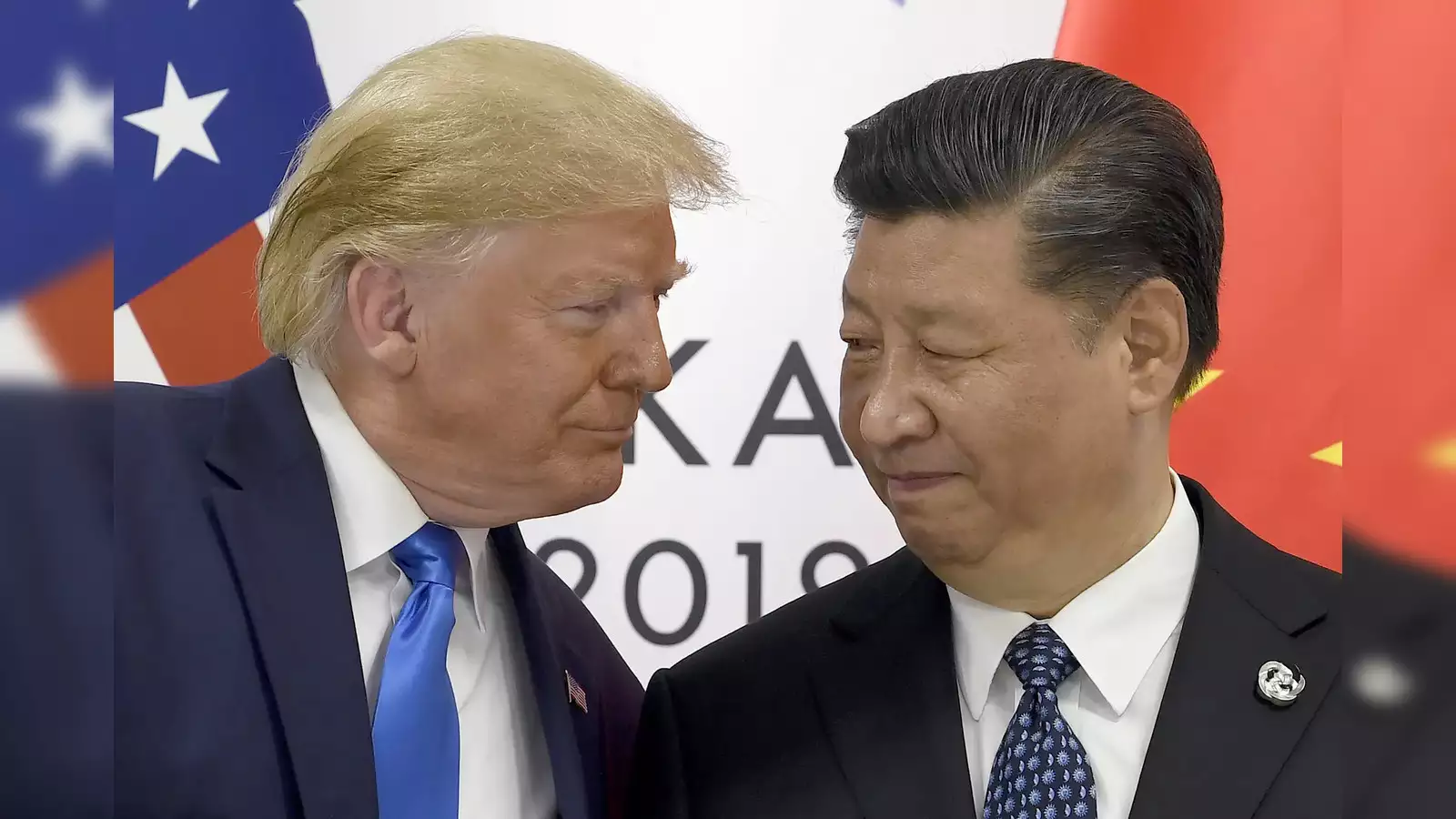Chinese President Xi Jinping delivered a pointed message to the United States during his meeting with outgoing President Joe Biden at the Asia-Pacific Economic Cooperation (APEC) summit in Lima, Peru. Xi outlined four critical “red lines” aimed at defining the boundaries of U.S.-China relations, particularly as President-elect Donald Trump prepares to assume office. These declarations reflect Beijing’s firm stance on contentious issues and its concerns about the Trump administration’s expected hardline approach.
Xi Jinping’s “red lines” are as follows:
- Taiwan: Xi emphasized China’s long-standing claim over Taiwan, calling it an inalienable part of China. He strongly opposed any steps toward Taiwanese independence or foreign interference in what Beijing views as a purely internal matter. Xi warned that attempts to support Taiwan’s independence would cross a dangerous threshold, with significant consequences.
- Democracy and Human Rights: Beijing rejected external criticism of its governance model and human rights practices. Xi insisted that China’s political and social systems are the country’s sovereign choices and are not open to external debate or interference.
- China’s Political System: The Chinese leader reiterated the legitimacy of China’s socialist model under Communist Party rule, warning against foreign efforts to undermine or alter it. Xi framed any such attempts as a violation of China’s sovereignty and national dignity.
- Right to Development: Xi asserted China’s right to pursue its development agenda without external barriers, particularly from the United States. This includes freedom from economic sanctions, trade restrictions, and any efforts by the U.S. to impede China’s rise on the global stage.
These remarks are being interpreted as a preemptive move by Beijing to counter the incoming Trump administration’s anticipated policies. Trump’s transition team has already signaled a more confrontational approach to China, including economic decoupling, increased tariffs on Chinese goods, and a pivot toward supporting Taiwan. Furthermore, Trump has nominated high-profile critics of China, such as Senator Marco Rubio as Secretary of State and Representative Mike Waltz as National Security Advisor, solidifying expectations of a tougher stance.
China’s sharp focus on Taiwan underscores the growing strain in U.S.-China relations. Xi’s statements serve as a reminder that Beijing considers Taiwan a core issue and is prepared to act decisively to prevent any moves it perceives as bolstering Taiwanese independence. China has long maintained that reunification with Taiwan is a non-negotiable national goal and has not ruled out the use of force to achieve it.
On the economic front, Trump’s plans to decouple from China’s economy are expected to exacerbate tensions. His transition team has proposed expanding tariffs, reshoring critical industries, and reducing reliance on Chinese manufacturing. These measures are seen as a direct challenge to China’s “right to development,” as articulated by Xi.
Observers note that Xi’s explicit articulation of these “red lines” is unprecedented, underscoring the gravity with which Beijing views its relationship with Washington. By laying out these boundaries at the presidential level, Xi is sending a clear message: China will not tolerate interference in its core interests, and it is prepared to respond assertively to any perceived provocations.
International reactions to Xi’s declarations have been mixed. While allies of the United States are watching Trump’s approach with interest, some have expressed concerns about the potential for increased geopolitical instability. Analysts argue that U.S.-China relations could enter a new phase of heightened competition and confrontation under the Trump administration, with little room for compromise on key issues.
As the Trump administration prepares to take office, the global community will be closely monitoring how these dynamics unfold. The interplay between the administration’s policies and China’s firmly stated boundaries will be pivotal in shaping not only bilateral relations but also the broader geopolitical landscape in the years to come.
Sources:
- Newsweek: Xi Jinping Sets Red Lines for U.S. at APEC Summit
- Business Insider: China’s Red Lines and U.S.-China Relations

